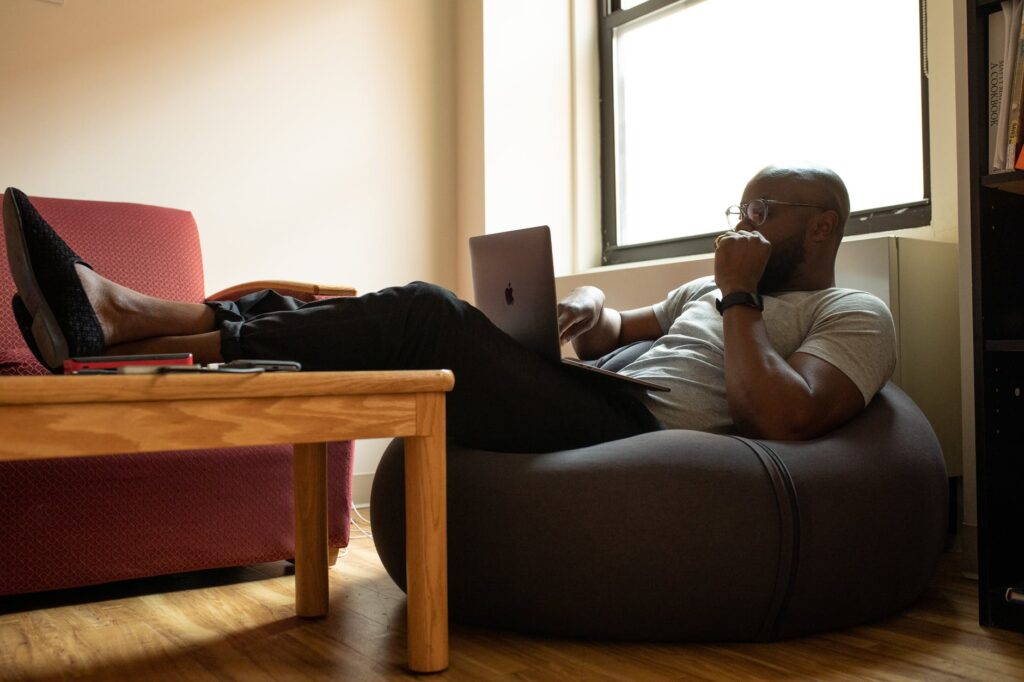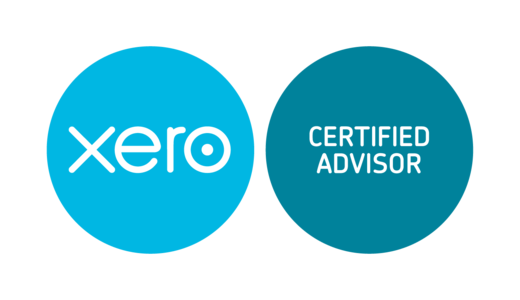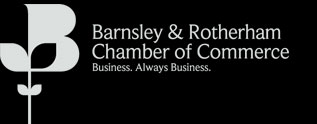
The transformation of working from home has been one of the biggest impacts of the coronavirus pandemic. A practice that was often seen with suspicion before. How many have heard accusations of ‘shirking from home’? It has now become the norm for many people. Even previously reluctant businesses have now been converted – they are now considering whether they still need to pay for costly offices when their staff can stay home.
But while businesses are considering cutting their costs, many people are desperate to return to work just for the social contact and change of scenery. How many workers have considered how much working from home costs them?
The costs of working from home
One of the issues with working from home is that the costs are often hidden. It’s difficult to know how much extra you are spending on heating and electricity when it’s absorbed into a single bill that isn’t split between work and non-work hours. It becomes even more difficult when it comes to factoring in things like wear and tear.
If you have been working from home, even if only part of the time, the HMRC now allow employers to make a tax-free payment of £6 per week (or £26 a month, if paid monthly) to help cover these costs.
What are the rules?
The payment is tax-free, and employers can simply pay it to their employees. There is no need to provide evidence or report the payment if it is within the relevant weekly or monthly limit. However, the only condition is that the employee has to work at home. They are not eligible if the option to work at the employer’s premises is there, but they are home working because of preference.
Anyone who must work at home, even for only part of the week, is eligible for the payment. This should be made through the regular payroll. If the employer is not paying the allowance, then it can be claimed via a tax self-assessment as an allowance.
What about other expenses?
If you have other expenses or been provided equipment, then your tax situation might be more complicated. Equipment provided by the employer purely for work purposes should not affect your tax if any personal use is minimal. However, if, for example, you get a new computer or some office furniture that you are using outside of work then you might need to declare these.
It’s also possible that you are incurring expenses over the £6 a week. If you have to buy equipment or supplies to do your job, then the costs might soon mount. In this situation it’s worth considering your tax situation to see if it might be more cost-effective for you to claim these against your tax allowance. The £6 payment is a nice to have but, at the 20% rate, is equivalent to an annual tax allowance of only £312; you wouldn’t have to spend much for a self-assessment claim to be better for you than the flat allowance.
Next steps
Call us on 0114 345 0960 or email info@millhouses-accountancy.co.uk for queries.
Read more on our Blog.






